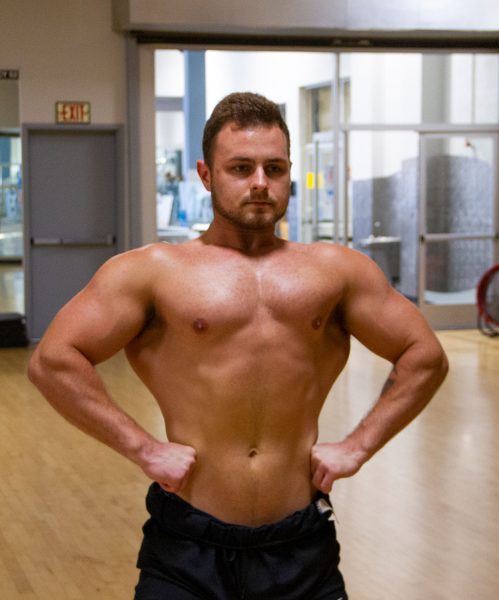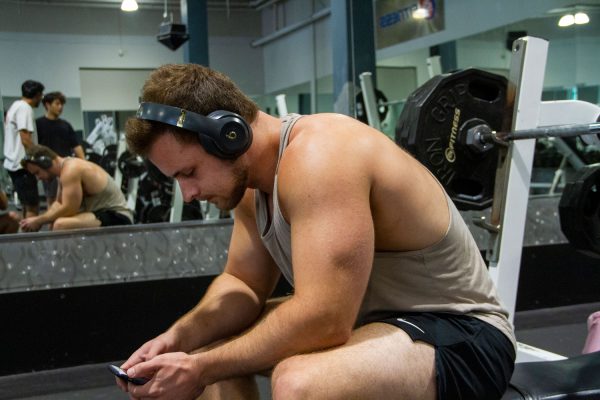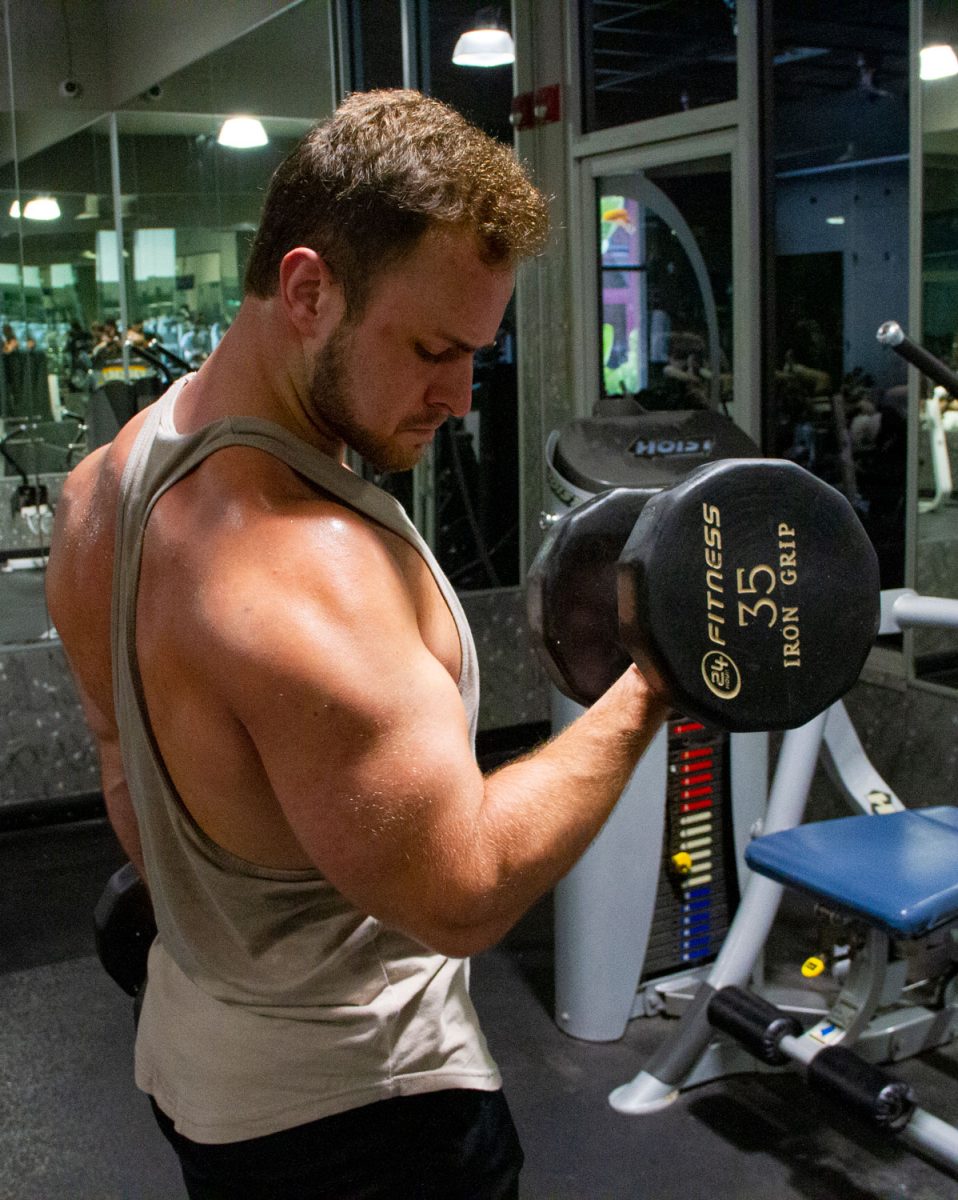How do you get into bodybuilding—or even start working out? It’s easy to picture big muscles and a strict regimen, but bodybuilding is a sport that can be easily misinterpreted when you know nothing about it.
Benjamin Law, 25, is a certified personal trainer and former bodybuilder. His passion for bodybuilding began when he found a lack of confidence in himself, mentally and physically. Law’s journey wasn’t without challenges: he navigated a cross-country move from California to Texas while supporting his father through an Alzheimer’s diagnosis. Despite these setbacks, he remained committed to his fitness goals and competed in NPC bodybuilding competitions. Law chatted with Inside Fullerton about the misconceptions surrounding bodybuilding, the harsh side effects of competitive bodybuilding and how to prepare your body to do it in a healthy way.
This interview has been edited for length and clarity.
What are some misconceptions about bodybuilding?
Law: One of the biggest misconceptions about bodybuilding is that bodybuilders spend three to five hours a day in the gym. In all reality, you only work out for about 30 minutes to an hour, four or five days a week to build that muscle.

I typically spend one to two hours in the gym a day, as well as 30 minutes to an hour of some type of cardio activity.
What were you typically eating when you were preparing for a competition?
The diet varies whether you’re in the months getting up into preparation for a show. Going into a show it looks like you’re going to be in 250 to 300 grams of protein, around 150 to 200 grams of carbs. As you get closer to the competition, you’re obviously going to start cutting those carbs and fats.
Nutrition plays a vital role in bodybuilding. What foods should people eat if they want to get into it?
As far as protein goes, you’re looking at the leanest turkey breast you can get, leanest chicken breast. A lot of tilapia and white fish can help you cut off all the extra fat, any white meats basically. But the name of the game is high protein, low fat, low carbs.
Is it normal to be sore after every workout?
Don’t be scared if you start hurting at the gym. Depending on the type of pain you’re feeling at the gym, it’s normal. If you’re feeling sore in the muscles, it’s healthy. Pay attention to sharp pains in your elbows or your knees or your back, which are all common places to start developing injuries.
What harsh side effects can you experience from bodybuilding?
It’s different if you choose to compete naturally or enhanced. If you’re competing naturally with no performance-enhancing drugs, once you get to a certain point in body fat, your cognitive abilities slow down drastically. Your hormone production takes a hard hit so you’re not producing the hormones your body needs to function properly. You’re always in joint pain, tendon pain, due to not having enough water.

Are there any supplements that can get you seeing results quicker?
There is absolutely no supplement that will cheat your way. You can take every pharmaceutical drug under the sun and still look absolutely horrendous if you’re not training and dieting properly.
Why did you stop bodybuilding?
The major reason for me, why I stopped, was just due to how harsh it is for your body to be at such low body fat percentages.
Bodybuilding isn’t just about putting on muscle, it’s also about-facing hurdles you never imagined and building a better version of yourself inside and out. Bodybuilding has not only helped me be the person I am today, but it has helped those around me that want to start working out. I’m just trying to be a positive influence for the homies.
Taken from the Winter 2024 print issue of Inside Fullerton. Read it here.



